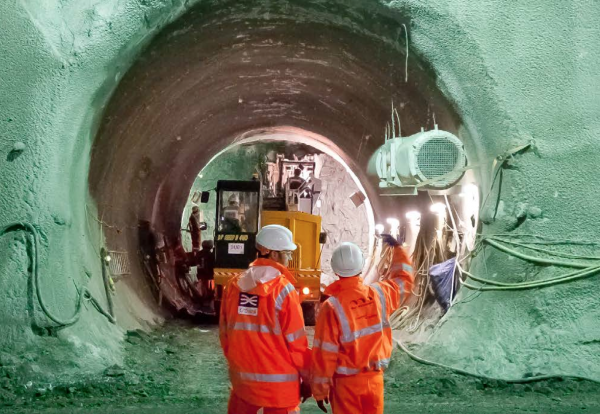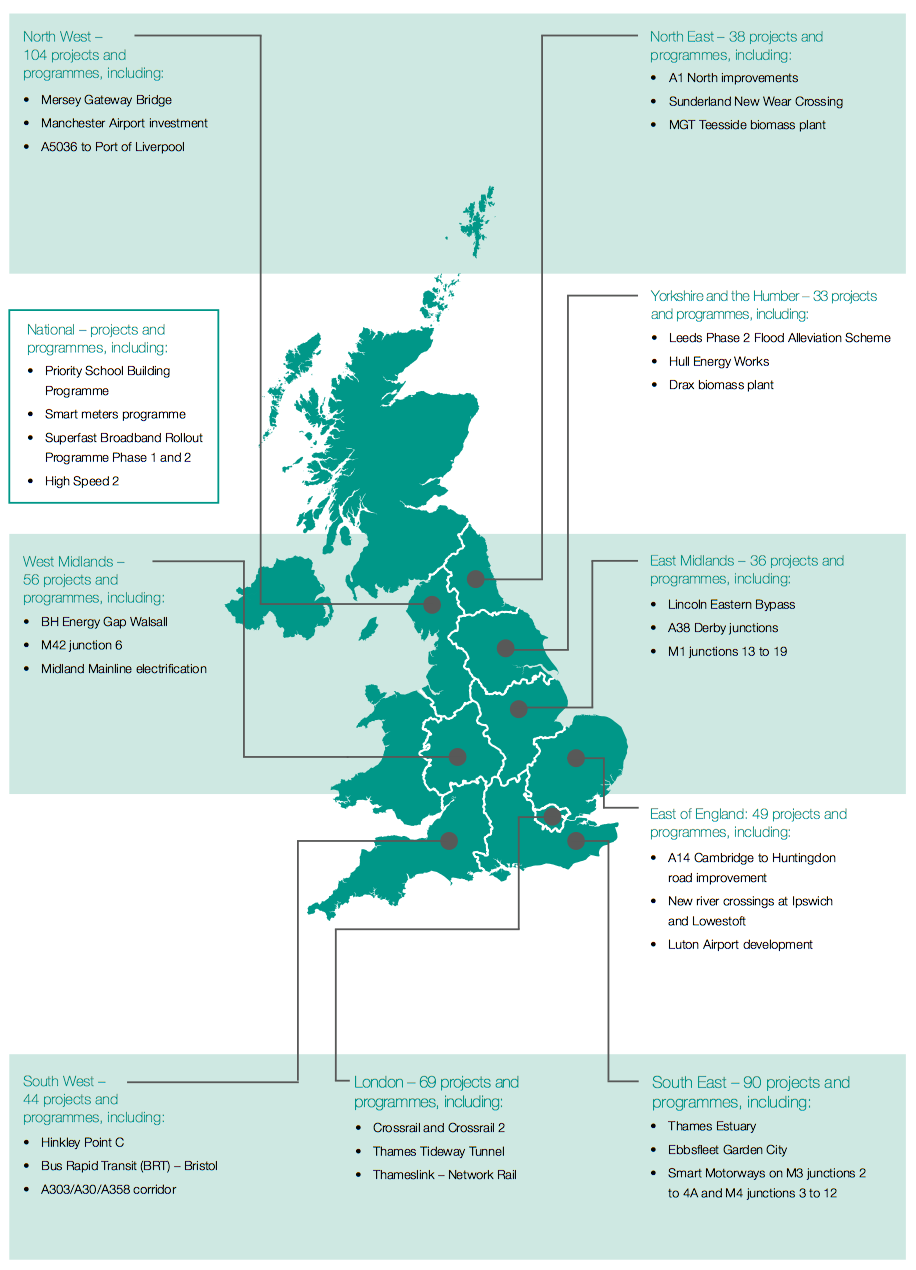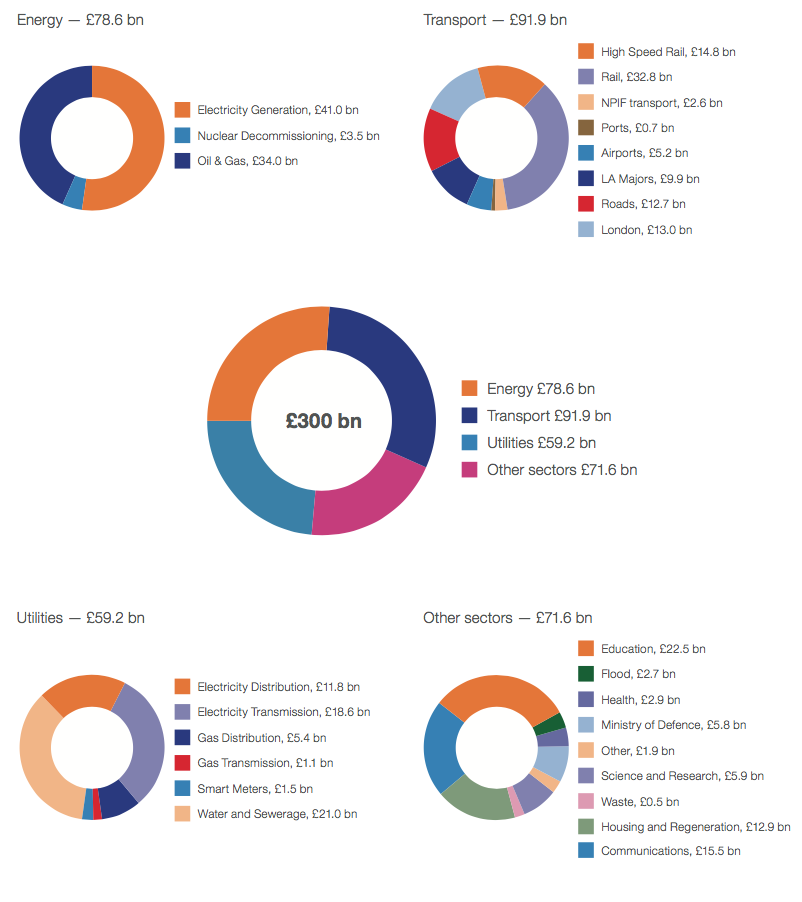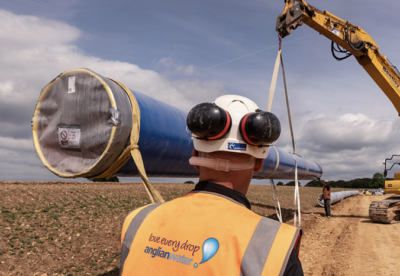Twenty more projects have been added to the National Infrastructure and Construction Pipeline since March 2016, including the Oxford to Cambridge Expressway.
The 728 project pipeline presumes over 50% will be funded by the private sector.
The latest update follows the Chancellor’s Autumn Statement unveiling a £23bn National Productivity Investment Fund.
This new fund includes extra infrastructure investments of over £2.6bn to improve transport networks; a multi-million pound package to accelerate the future of broadband, and £7.2bn to support the construction of new homes.
As a result today’s pipeline ranks as the largest ever, with private finance making up more than half of spending to 2020/21. More details of PF2 projects to make up the initial pipeline will be set out in early 2017.
The government has also today published a new funding and finance supplement to help attract further private sector investment into some of the UK’s most important infrastructure projects.
Chief Secretary to the Treasury David Gauke said that £300bn of the planned £500bn would be spent by 2021.
“This record infrastructure pipeline is set to make a real difference to people’s lives from quicker and easier journeys, to better broadband access, and building more homes for people who need them in high demand areas,” he said.
Alasdair Reisner, chief executive of the Civil Engineering Contractors Association, said: “If the UK infrastructure sector is to plan for the investment in skills and innovation that will be required to deliver world-class infrastructure in the coming years, it is vital that companies are able to strategically allocate funding on a basis of projected need.
“The pipeline is a crucial tool that enables companies to plan ahead and deliver optimal outcomes for clients, taxpayers, and communities.”










































.gif)

















